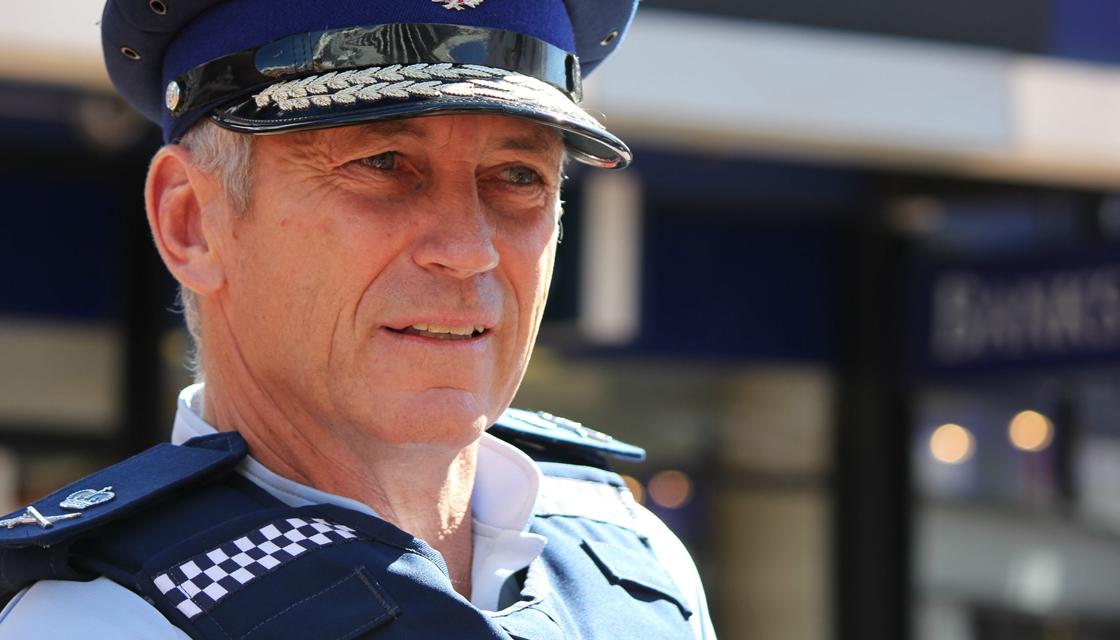Prime Minister Jacinda Ardern doesn't think it'll take the army to keep New Zealanders following social distancing rules.
Since the pandemic alert level 4 lockdown came into force on Thursday, there have been reports of Kiwis ignoring instructions not to socialise with people outside of their immediate household.
People have taken to social media to report groups of families at public playgrounds, whose plastic and metal surfaces can harbour the SARS-CoV-2 virus for days at a time. One Twitter user said their neighbour threw a BBQ and four carloads of people showed up, so they decided to invite the police as well.
Police Commissioner Mike Bush has warned people could face six months in prison if convicted of breaking the rules, designed to stop the spread of the virus, which has killed more than 27,000 people overseas.
Ardern has repeatedly begged Kiwis to stay home. Asked on Newshub Nation what it would take for her to get the army involved - like it has in places like China, Jordan, South Africa, El Salvador and Italy - Ardern said she doesn't "anticipate being in a position we would need to use them to that extent".
"The police, of course, have had an increase and their frontline workforce. It's their intention that that is what they will be utilising. That's something that New Zealanders are used to seeing now," she told host Simon Shepherd.
"Army in these circumstances, you'd expect to be playing various different roles."
She said ultimately it would be a decision for Bush to make.
"He will be assessing what needs they have and to what extent we may or may not be needing the Defence Force. But at this point, my expectation is it will primarily be the police."

Shepherd suggested the army might be useful in playing a support role for businesses getting their goods to Kiwis safely, discouraging travel between home and supermarkets. Ardern bluntly shut that down, saying it would result in more chances for the virus to spread by encouraging more purchasing.
"No. Pretty simple reason - for every purchase you make online, there's an entire workforce that has to service that. That's people that have to come into a warehouse, process your order, deliver your order.
"It's not just about the people who are staying at home. It's the people who then are bought and to work.
"We need to reduce down everyone's contact with each other. Now we accept that there are some essential lines and items that people need access to, of course. Supermarkets will be the primary provider of that. But we have to reduce the number of people who are out in workplaces, and that means in contact with other people."
The lockdown is set for 28 days, but it's widely expected to last longer, with some predicting rolling lockdowns for up to 18 months - or more.
"It will all depend on the compliance of New Zealanders, and we'll have a good idea as we go through the lockdown," said Ardern, later adding that we "just can't tolerate anyone flouting the rules because when someone does that, that's one more chain and transmission. And it means all of us could end up in lockdown for longer."
She urged Kiwis not to get complacent if the number of new daily infections starts to drop.
"We simply cannot afford to do that. We've got to get through a cycle of transmission and really start to see some real results. If people do slacken up, my fear is that all it will do is set off another chain of transmission."




